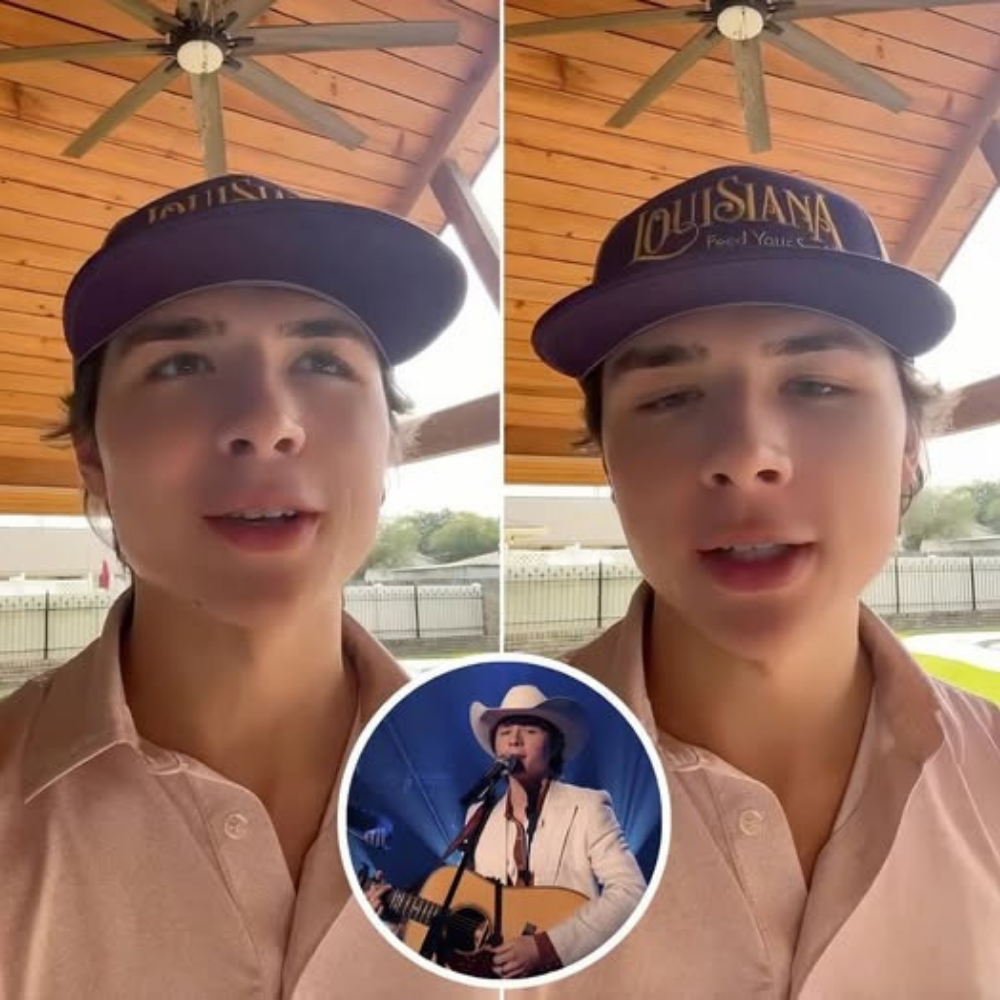In a recent livestream, popular media personality Akademiks delved into the internet’s buzzing reactions to Kendrick Lamar’s new album, “GNX,” particularly focusing on the artist’s provocative mentions of Snoop Dogg and Lil Wayne. The discussion was sparked by Kendrick’s bold lyrics, which have ignited a polarizing response from fans and critics alike.
 Akademiks began his analysis by pointing out the significant social media engagement surrounding the album’s release, noting that “GNX” is trending alongside other artists like Nicki Minaj and J. Cole. He highlighted the album’s early success, suggesting it could reach around 400,000 sales in its opening week, a notable increase compared to Kendrick’s previous album, “Mr. Morale & The Big Steppers,” which sold 295,000 copies in its debut.
Akademiks began his analysis by pointing out the significant social media engagement surrounding the album’s release, noting that “GNX” is trending alongside other artists like Nicki Minaj and J. Cole. He highlighted the album’s early success, suggesting it could reach around 400,000 sales in its opening week, a notable increase compared to Kendrick’s previous album, “Mr. Morale & The Big Steppers,” which sold 295,000 copies in its debut.
A key moment in the livestream was Akademiks’ examination of Kendrick’s lyrics that reference Snoop Dogg. In one line, Kendrick remarked, “Snoop posted tailor made, I pray it was the edibles.” Snoop’s playful response on social media indicated he took the mention lightly, showing a camaraderie and respect for Kendrick’s artistry. Snoop acknowledged Kendrick’s rise, stating that he has “taken the throne,” a sentiment reflecting the generational shift in hip-hop where Kendrick is now seen as a leading figure.
However, it was Kendrick’s critique of Lil Wayne that has drawn considerable attention. Akademiks interpreted Kendrick’s lyrics as a pointed commentary on Wayne’s perceived lack of support during his Super Bowl performance, suggesting that Kendrick felt his accomplishments had not been acknowledged by the veteran artist. This interpretation has sparked debate among fans, with some arguing that Kendrick’s words were a dig at Wayne’s silence, while others believe it was simply an honest reflection of his feelings.
The reactions across social media have been mixed, with some praising Kendrick for his lyrical bravery while others criticize him for potentially starting feuds with established artists. Akademiks noted the stark divide in audience sentiment, with some listeners passionately defending Kendrick while others dismiss his work as self-aggrandizing. This division reflects the broader conversations in hip-hop regarding legacy, respect, and competition.
As the livestream continued, Akademiks explored the broader implications of Kendrick’s album and its reception. He pointed out that Kendrick’s music often serves as a mirror to societal issues, and his latest work appears to challenge the status quo within the hip-hop community. Fans and critics alike are left to ponder whether Kendrick’s approach will resonate beyond the initial shock of his lyrics and if it will redefine his legacy in an era where the genre is increasingly commercialized.
Ultimately, Akademiks concluded that Kendrick’s latest release is a reflection of his evolving position in the music industry and the cultural landscape of hip-hop. As discussions continue to unfold online, one thing is clear: Kendrick Lamar remains a significant force, capable of sparking conversations that extend beyond music and into the heart of the culture. The question now is how listeners will reconcile the complex dynamics of respect, rivalry, and artistic expression that Kendrick brings to the forefront.
